 Greeting card aisles are especially busy this time of year, filled with shoppers sending warmth and well wishes to loved ones.
Greeting card aisles are especially busy this time of year, filled with shoppers sending warmth and well wishes to loved ones.
More and more occasions today seem to call for cards, even setting aside the more transparently money-motivated “national days” for everything from dice to doughnuts (which actually get two days).
But there’s one holiday — now hear me out — I wouldn’t mind being more commercialized.
Bill of Rights Day on Dec. 15 commemorates the day in 1791 the first 10 amendments to the U.S. Constitution became law.
THE BILL OF RIGHTS’ BEGINNING
When we think of Bill of Rights Day, if we do at all, we might picture weathered scrolls and men in curly powdered wigs. Those aren’t inaccurate images — just incomplete.
The founders wanted to prevent government abuse of its powers, but some saw naming citizens’ rights explicitly as too limiting, while others believed the best way to protect the people was to enshrine a bill of rights within the original Constitution. Still, others preferred a separate list of rights.
George Mason, author of Virginia’s Declaration of Rights, even refused to sign the Constitution — as did several states — in part because it lacked a bill of rights. Others signed with the promise one would be added by amendment.
Eventually, with Virginia’s ratification, the 10 amendments ultimately making up the Bill of Rights were approved by the three-fourths of states required to enact it.
THE RIGHTS THAT EMPOWER US
Today, the freedoms enshrined in the Bill of Rights enable us to work toward the “more perfect union” to which our founders aspired.
Our First Amendment freedoms have particularly protected the rights of activists to speak out and protest for suffrage, for civil rights, and for social changes both small and significant. The guarantee of these freedoms empowers us to participate in democracy. To have a say.
More fundamentally, our freedoms of religion, speech, press, assembly, and petition enable us to be who we are, to believe what we believe, without fear of government punishment.
We may not think about these freedoms much because they are even more integral than doughnuts or dice to living as we choose each day. But they’re surely worth the parchment they’re inked on — and a supply of cardstock for greeting cards.
And there’s another reason Bill of Rights Day is a prime candidate for the greeting card industry.
THESE RIGHTS ARE YOURS, MINE AND OURS
If we think about the Bill of Rights long enough to get past the calligraphy and powdered wigs, we may focus on the rights it secures in personal, individual terms: I get to pray as I wish. It’s my right to speak. These rights protect me.
They do.
But these rights are only guaranteed for ourselves if they’re also ensured for everyone. They aren’t just mine or yours, but ours.
In forming a democratic society, and establishing a Bill of Rights, our founders agreed to protect these rights for each other. This part of the Bill of Rights’ promise is often overlooked but is key to safeguarding each of our freedoms.
Perhaps if a selection of Bill of Rights Day cards was readily available each Dec. 15, we might be more likely to take one day each year to recognize each other’s roles in practicing, protecting, and preserving our freedoms.
Download your free, sharable Bill of Rights Day cards here:
Bill of Rights Day Postcard 1
Bill of Rights Day Postcard 2
By Karen Hansen, Freedom Forum content managing editor. You can reach Karen at khansen@freedomforum.org.
 Shaw Israel Izikson was named as the editor of The Country Journal in late November.
Shaw Israel Izikson was named as the editor of The Country Journal in late November.
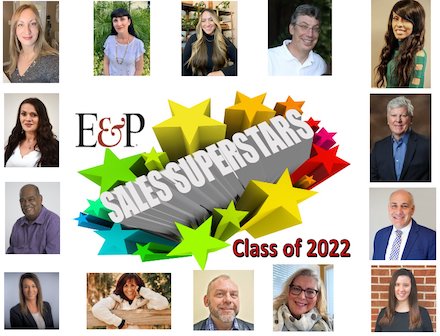
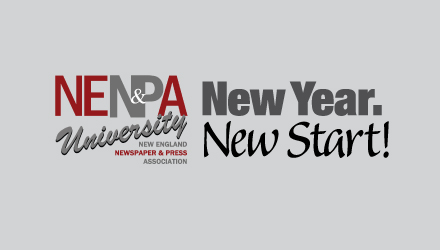

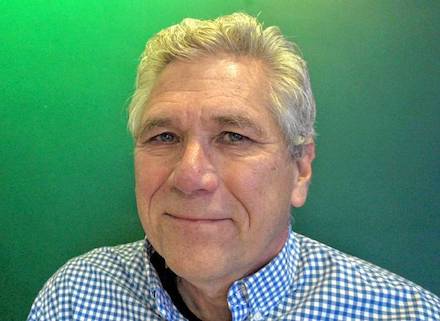


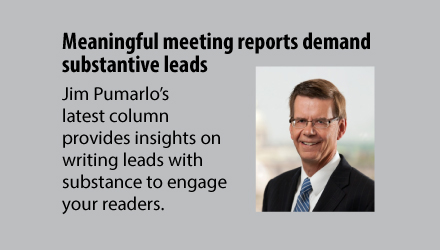

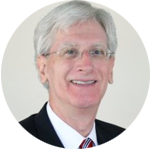
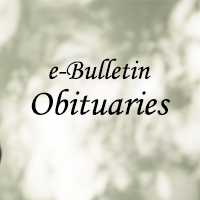
Freedom Forum Perspective: Bill of Rights Day Deserves Greeting Cards Too
More and more occasions today seem to call for cards, even setting aside the more transparently money-motivated “national days” for everything from dice to doughnuts (which actually get two days).
But there’s one holiday — now hear me out — I wouldn’t mind being more commercialized.
Bill of Rights Day on Dec. 15 commemorates the day in 1791 the first 10 amendments to the U.S. Constitution became law.
THE BILL OF RIGHTS’ BEGINNING
When we think of Bill of Rights Day, if we do at all, we might picture weathered scrolls and men in curly powdered wigs. Those aren’t inaccurate images — just incomplete.
The founders wanted to prevent government abuse of its powers, but some saw naming citizens’ rights explicitly as too limiting, while others believed the best way to protect the people was to enshrine a bill of rights within the original Constitution. Still, others preferred a separate list of rights.
George Mason, author of Virginia’s Declaration of Rights, even refused to sign the Constitution — as did several states — in part because it lacked a bill of rights. Others signed with the promise one would be added by amendment.
Eventually, with Virginia’s ratification, the 10 amendments ultimately making up the Bill of Rights were approved by the three-fourths of states required to enact it.
THE RIGHTS THAT EMPOWER US
Today, the freedoms enshrined in the Bill of Rights enable us to work toward the “more perfect union” to which our founders aspired.
Our First Amendment freedoms have particularly protected the rights of activists to speak out and protest for suffrage, for civil rights, and for social changes both small and significant. The guarantee of these freedoms empowers us to participate in democracy. To have a say.
More fundamentally, our freedoms of religion, speech, press, assembly, and petition enable us to be who we are, to believe what we believe, without fear of government punishment.
We may not think about these freedoms much because they are even more integral than doughnuts or dice to living as we choose each day. But they’re surely worth the parchment they’re inked on — and a supply of cardstock for greeting cards.
And there’s another reason Bill of Rights Day is a prime candidate for the greeting card industry.
THESE RIGHTS ARE YOURS, MINE AND OURS
If we think about the Bill of Rights long enough to get past the calligraphy and powdered wigs, we may focus on the rights it secures in personal, individual terms: I get to pray as I wish. It’s my right to speak. These rights protect me.
They do.
But these rights are only guaranteed for ourselves if they’re also ensured for everyone. They aren’t just mine or yours, but ours.
In forming a democratic society, and establishing a Bill of Rights, our founders agreed to protect these rights for each other. This part of the Bill of Rights’ promise is often overlooked but is key to safeguarding each of our freedoms.
Perhaps if a selection of Bill of Rights Day cards was readily available each Dec. 15, we might be more likely to take one day each year to recognize each other’s roles in practicing, protecting, and preserving our freedoms.
Download your free, sharable Bill of Rights Day cards here:
Bill of Rights Day Postcard 1
Bill of Rights Day Postcard 2
By Karen Hansen, Freedom Forum content managing editor. You can reach Karen at khansen@freedomforum.org.